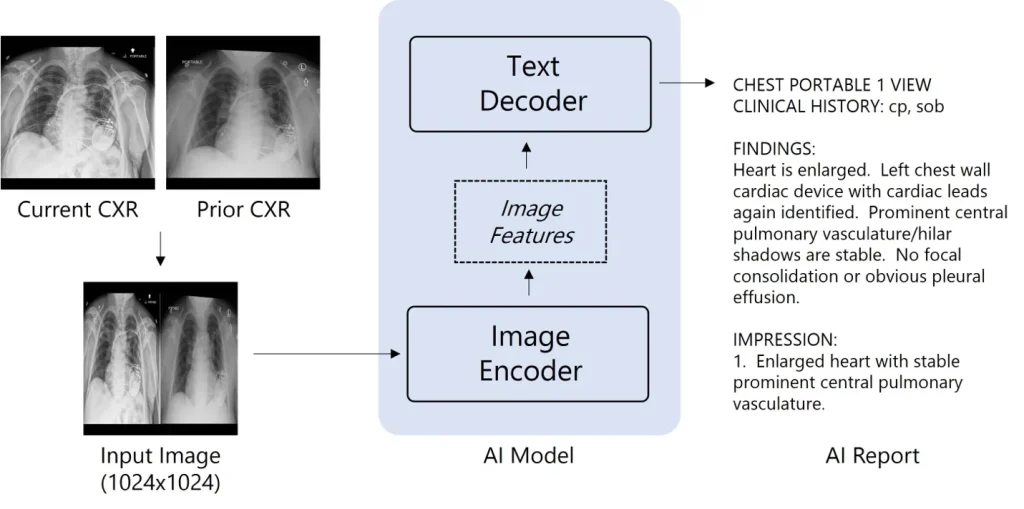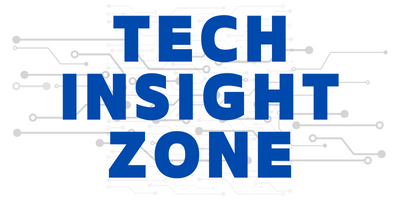A significant development in healthcare emerged on April 5, 2024, as Dell Technologies and Northwestern Medicine announced a strategic collaboration to leverage artificial intelligence (AI) for improved patient care.
This partnership focuses on the development and implementation of a generative multimodal large language model (LLM) specifically designed to interpret chest X-rays.
Addressing Challenges in Healthcare Delivery
Northwestern Medicine, like many healthcare institutions, faces well-documented challenges. Physician burnout is a growing concern, and there’s a constant pressure to improve efficiency and accuracy in diagnoses.
AI presents a potential solution, offering the ability to lighten the workload on doctors and potentially expedite the diagnostic process, particularly for frequently encountered issues like chest X-rays.
However, Northwestern Medicine, like many healthcare providers, lacked the necessary infrastructure and expertise to fully realize the potential of AI.
Dell Technologies’ AI Innovation Lab fills this gap by providing the high-powered computing resources and specialized knowledge required to accelerate Northwestern Medicine’s vision.
Building an AI Assistant for Doctors

The cornerstone of this collaboration is the development of a generative multimodal large language model (LLM). This LLM essentially functions as an AI assistant specifically designed to aid doctors in interpreting chest X-rays.
By analyzing an X-ray and generating a draft report, highlighting potential issues and incorporating relevant medical history, the LLM can significantly improve efficiency. This allows doctors to focus on more complex cases and spend less time on routine interpretations.
Powering the AI Revolution: High-Performance Computing
Building a powerful AI like this LLM requires significant computational muscle. Dell Technologies is providing the foundation for this project with a suite of high-performance computing (HPC) solutions.
Imagine a team of analysts working on a massive dataset – a regular computer might struggle, but a high-performance server can handle the workload with ease.
Dell’s contribution includes Dell PowerEdge XE9680 servers equipped with NVIDIA H100 Tensor Core GPUs. These specialized processors are specifically designed for the complex calculations needed in AI applications.
Additionally, Dell is providing advanced networking and storage solutions to ensure the smooth flow of data, the lifeblood of any AI system.
Challenges and the Future of AI in Healthcare
While this collaboration is a significant step forward, challenges remain. Training AI models requires vast amounts of medical data, and ensuring the security and privacy of that data is paramount. Robust data security protocols are essential to building trust with both patients and healthcare professionals.
Another challenge lies in integrating this AI seamlessly into existing healthcare workflows. Physicians already have a demanding workload, so any new technology needs to be user-friendly and demonstrably improve their daily routines.
Finally, gaining physician trust is crucial. After all, these are the professionals who will be relying on the AI’s insights. Doctors need to be confident in the accuracy and reliability of the system before they can fully integrate it into their practice.
Despite these challenges, the potential rewards are significant. AI assistants like this LLM have the potential to free up doctors’ time for more complex cases, potentially leading to faster diagnoses and improved patient outcomes.
This partnership between Dell Technologies and Northwestern Medicine is a major step towards that future, and the coming years will be fascinating as we see how this initiative unfolds. The future of healthcare is undoubtedly becoming more intelligent by the day.
As you delve into the advancements fueling this partnership, discover another transformative breakthrough: Odin Vision and NVIDIA’s game-changing AI Polyp Detection, revolutionizing endoscopy procedures.
Explore how these cutting-edge developments are propelling medical frontiers, offering new hope and efficiency in diagnostics and treatment.




